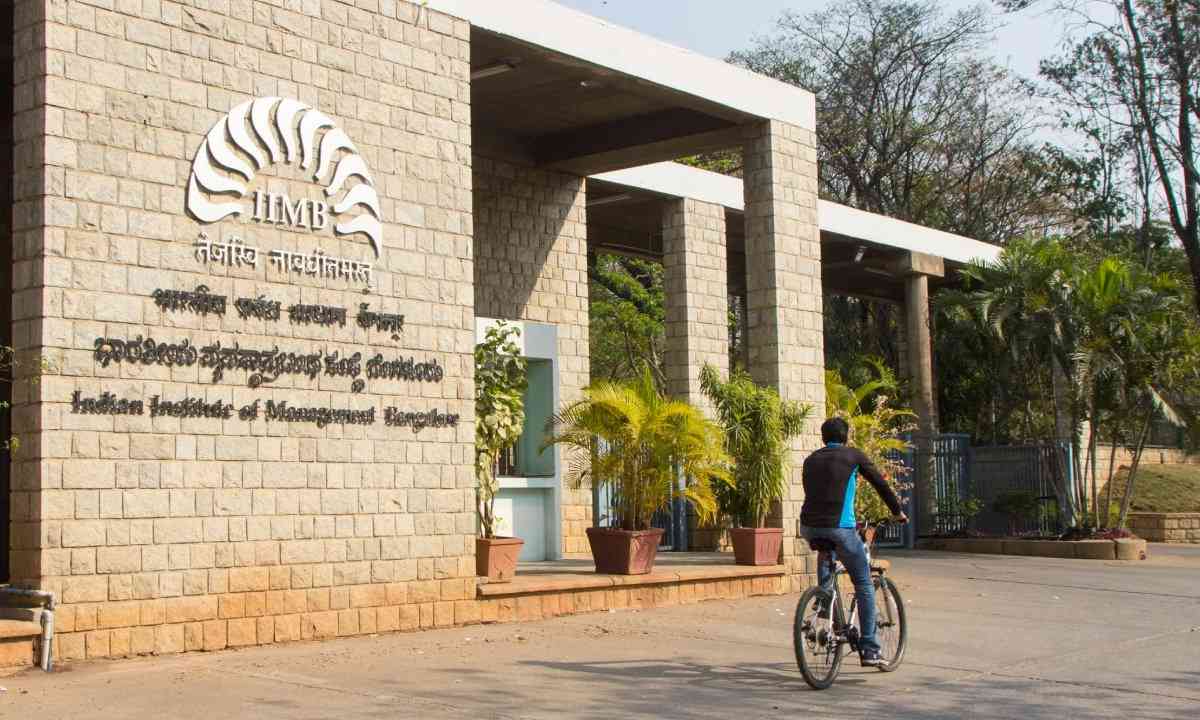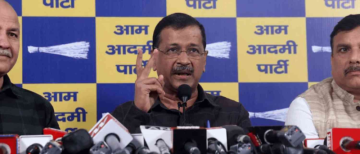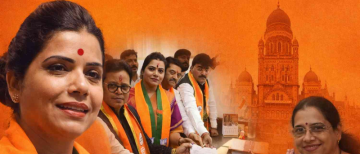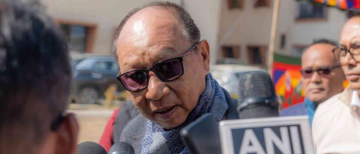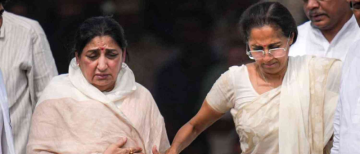On July 28, during disturbances caused by the conflict in Manipur, the Indian Institutes of Management (Amendment) Bill 2023 was presented in the Lok Sabha.
The IIM Act, 2017, which recognized the 20 IIMs across the nation as "institutions of national importance" and granted them greater autonomy in both administrative and academic functioning, was passed and put into effect on January 31, 2018, six years before the IIM Amendment Bill.
The Center, however, has now selected the opposing direction. It has put forth a draft bill to amend the 2017 Act to restrict the autonomy that the top business schools have previously cherished.
Hence, let’s take a look at the 5 basic things that surround this topic.
1. What does the draft bill say?

In a draft law that Union Education Minister Dharmendra Pradhan submitted during the current monsoon session of Parliament, the President of India is proposed to be named as the "Visitor" to the IIMs.
The "Visitor" will be able to nominate or remove the board of governors and directors, as well as audit how they are operating and order inquiries. This could restrict the autonomy of the institutes.
“The Visitor may appoint one or more persons to review the work and progress of any institute and to hold inquiries into the affairs thereof and to report thereon in such manner as the Visitor may direct,” the draft bill stated.
It also suggests that a visitor's candidate will have a seat on the search-cum-selection panel for the director's appointment.
The "Visitor" may also choose the chairperson of each IIM's coordination forums, according to the proposed legislation. These forums are designed to facilitate collaboration amongst various institutions in accomplishing shared policy goals.
The President of India has the authority to appoint the vice-chancellors and directors of all central institutions and IITs.
2. What were the existing rules under the 2017 IIM Act?

Currently, IIMs are given more freedom to be managed by their board of governors, resulting in each institute having nineteen members and only one national and one state government representative among them. The board has the authority to make policy choices on the management and operation of the institutes. The board itself appoints the chair of the board of governors. Distinguished individuals with distinction in a variety of fields, including management, science, business, and education, could be among the members.
The board of governors is the most senior governing body at each IIM, with the authority to create posts, create departments, approve annual budgets, and set fees as well as search-cum-selection panels for the appointment of new directors and to decide their pay (under guidelines established by the Centre).
3. What was the situation before the 2017 Act?

Just like with IITs or AIIMS, the Centre selected the directors and chairs of the boards of governors for each IIM before 2017.
Additionally, up until 2017, the IIMs exclusively awarded postgraduate diplomas rather than degrees. The IIM Act granted the institutes the authority to award degrees.
4. What is the conflict between CENTRE and IIM?

Early in 2020, the top business schools and the Centre clashed over the granting of one-year executive MBA degrees. The Centre objected, citing University Grants Commission (UGC) regulations that opposed the awarding of degrees for a course length of a year.
Following this, there were multiple meetings between the IIM heads and the government to talk about the topic, but despite the government's concerns, the institutes persisted in awarding one-year degrees. The "4+1" educational paradigm, where many programs provide a one-year Master's degree after a four-year undergraduate course, is typically used by foreign universities.
Another instance of conflict between the two parties occurred last year when IIM-Rohtak reassigned its director for a second time despite a dispute over the official's academic credentials and the education ministry's opposition.
The education ministry had previously told the institutions that a new method for creating search-cum-selection committees for the recruitment of chairpersons was under development. The institutes' boards of governors have been urged to extend the terms of the current chairpersons until the new process is in place. The IIMs management, however, did not take kindly to this; several board members referred to it as "interference" in their affairs.
5. What is the perception of the Faculty Members on this?

Faculty members have shared concerns about how the proposed bill may weaken the IIMs' autonomy while also stating that the institutions must continue to be subject to public scrutiny without compromising their freedom. Additionally, while the first-generation IIMs, including those in Ahmedabad, Calcutta, Bangalore, and Indore, among others, have become self-sufficient, the other more recent IIMs continue to rely heavily on government aid to operate.
The draft bill suggests that the chairperson and director of the institutes should be selected by the government is exactly what used to be the situation even before, according to Prof. Trilochan Sastry of IIM-Bangalore.
“However, I do feel that if we have to go global, we must look at the best practices being followed by the top universities internationally. Be it Cambridge, Oxford, or Berkeley, all these universities though being partially or in some way funded by the government, still exercise a greater degree of autonomy,” Sastry said.
“They have maintained their standards of excellence over centuries due to a host of factors, of which having a great degree of autonomy to run the institutions has been the most important. We can, of course, improve on these best practices,” he added.
© Copyright 2023. All Rights Reserved Powered by Vygr Media.

